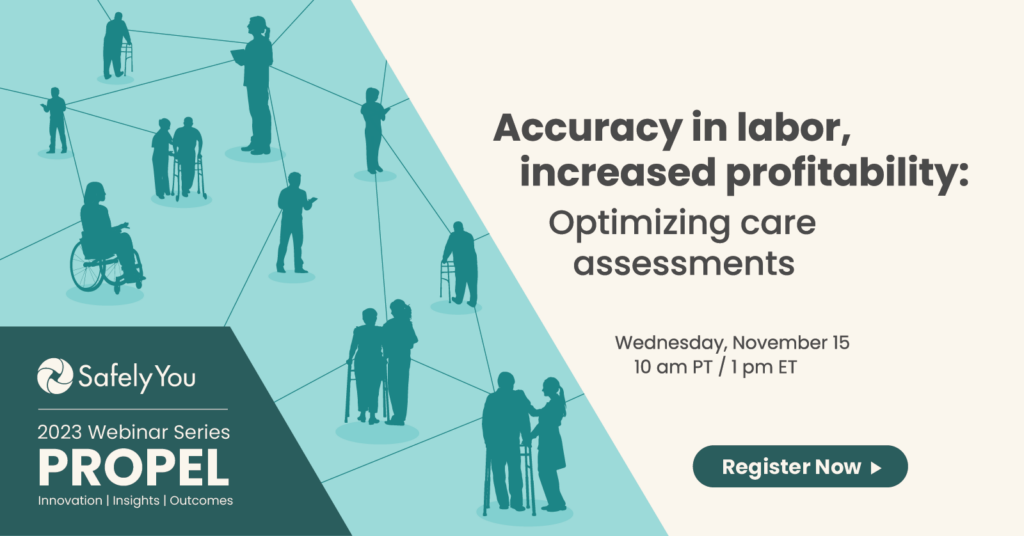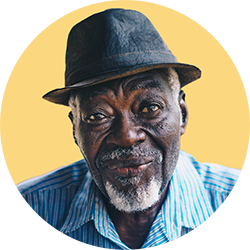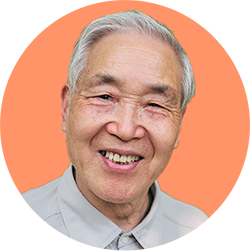Crucial Conversations for Caregivers: Navigating Family Talks about Change of Condition and Changing Needs

Get support for caregivers. Build better relationships with families.
Description
As June is Alzheimer’s & Brain Awareness Month, we thought we would turn our attention not only to those living with Alzheimer’s, but to their families and the folks providing them care as well. Caregivers and families are partners in a resident’s well-being, both wanting what is best for the resident to live life as fully and independently as possible. However, sometimes it can be difficult for a family to understand their loved one’s changing needs and the progression of their condition. And someone with cognitive impairment can’t express that to their family themselves. Technology can now help fill in that gap, advocating for residents who can’t advocate for themselves and supporting communication between caregivers and families. In this National Fall Huddle session, we’ll be joined by Brookdale Senior Living’s Juliet Holt Klinger, Senior Director, Dementia Care, to demonstrate ways to support caregivers’ crucial conversations. We’ll outline best practices for effectively communicating residents’ needs, changing conditions, new challenges, and the proposed clinical interventions to families. We’ll explain how innovation can be used to identify unmet needs, helping to reveal what residents can’t request themselves. And we’ll explore how technology can support better-quality care and better relationships between care staff and families, by not only reducing falls and increasing safety, but also providing staff with insights to help them better communicate the events surrounding a fall to families. We’ll also review successful case studies, and our panel of professionals will take your questions
In October’s National Fall Huddle, we’ll evaluate the incidence of falls during the evening hours and what triggers and subsequent behaviors are present prior to these fall events. We’ll also review how environmental factors contribute to fall risk—are the lights on when they should off? Are residents becoming entangled in blankets? Are residents wandering at night? And we’ll provide strategies for mitigating sundowning behaviors, increasing resident safety and reducing fall risk. Additionally, we’ll examine how technology can further help reduce risk during these most vulnerable hours, supporting staff so they can provide more effective and person-centered care. As always, we’ll review successful case studies, and our panel of experts will take your questions.
Learning objectives:
- Outline strategies and best practices for communicating a resident’s change of condition and changing needs to their family
- Discuss how innovation can identify unmet needs, supporting higher-quality, more personalized care
- Identify ways technology can support communication with families
- Review successful case studies
Webinar Hosts

SPECIAL GUEST PANELIST
Juliet Holt Klinger
Senior Director of Dementia Care and Programs, Brookdale Senior Living
Juliet is a gerontologist specializing in person-centered programs for people living with dementia. As an educator and program designer for 35 years, she has developed and operated programs for national companies representing both skilled nursing and assisted living levels of dementia care. In her role for Brookdale, she is responsible for dementia care program development, implementation and quality assurance for Brookdale’s nearly 400 dementia care communities and provides strategy development and innovation for Brookdale’s dementia care product line. Juliet is a longtime advocate for person-centered care and also currently serves as a board member of the Pioneer Network—an organization devoted to promotion of person-centered care and changing the perception of aging. Juliet is a frequent presenter on issues related to dementia care at national conferences.
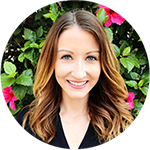
Laura Hastings, OTR/L
Clinical Success Manager, SafelyYou
Laura is a registered and licensed occupational therapist in CA and a Certified Dementia Practitioner. She comes to SafelyYou with extensive experience managing rehabilitation departments within assisted living and memory care communities. Laura has served as the point of contact for falls prevention, OT intervention and staff trainings. Prior experience includes acute rehab, traumatic brain injury, skilled nursing and outpatient settings.
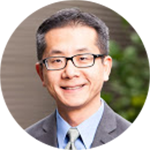
Glen Xiong, MD
Chief Medical Officer, SafelyYou
Dr. Xiong earned his medical degree from UC Davis and completed his residency training in Internal Medicine and Psychiatry at Duke University Medical Center. He is certified by the American Medical Directors Association in Post-Acute and Long-term Care Medicine (2006, 2016). He provides clinical care at the UC Davis Medical Center, and in Skilled Nursing and Assisted Living Facilities.
